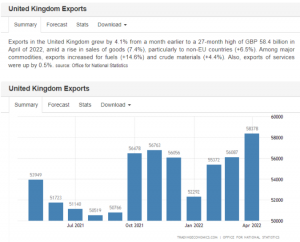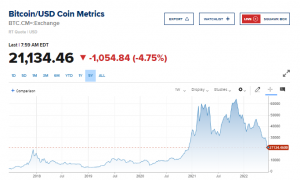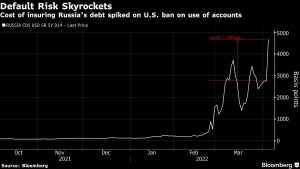
Washington, Oct 12 (AFP) — The international monetary Fund (IMF) warned on Tuesday that lagging behind in COVID-19 vaccinations in poor countries and a patchwork environment of supply chains found around the world were holding back global progress.
Gita Gopinath, the IMF’s chief economist, points out that gaps in the global supply chain have led to bottlenecks at ports, shortages of a range of products and materials (particularly semiconductors), and rising export costs.
The report says this environment has particularly affected manufacturers in the United States, where it has been difficult to improve manufacturing rates. As a result, the IMF lowered its forecast for U.S. economic growth in 2021 to 6 percent from 7 percent in July.
The report notes that the differences between European countries are also huge. France’s growth is expected to improve by 0.5 percentage points to 6.3 percent as vaccination accelerates, while Germany’s growth forecast has been cut by 0.5 percentage points to 3.1 percent, as it is also affected by semiconductor shortages.
The IMF exaggerates that around 58% of booming economies have been fully vaccinated, compared with 36% in emerging economies and less than 5% in weak and poor countries.
Much to the distress, Mr Gopinath reveals, is the “dangerous divergence” in economic prospects between nations.
According to the report, the GDP of the booming economies is expected to normalize to pre-pandemic levels in 2022 and exceed 0.9 percent in 2024. In contrast, the GDP of emerging environmental trends and developing economies (excluding China) is estimated to remain roughly 5.5% below pre-pandemic levels by 2024. This will result in a “significant decline in survival” in these areas.
Gopinath also regrets the “uneven” recovery of environmental trends in task forces across economies and in different types of work because of concerns about the novel Coronavirus and child care implications.
In addition, she states, “food costs spike sharply in low-income countries where food insecurity is very high, adding to the burden on very poor families and increasing the risk of social unrest.”


